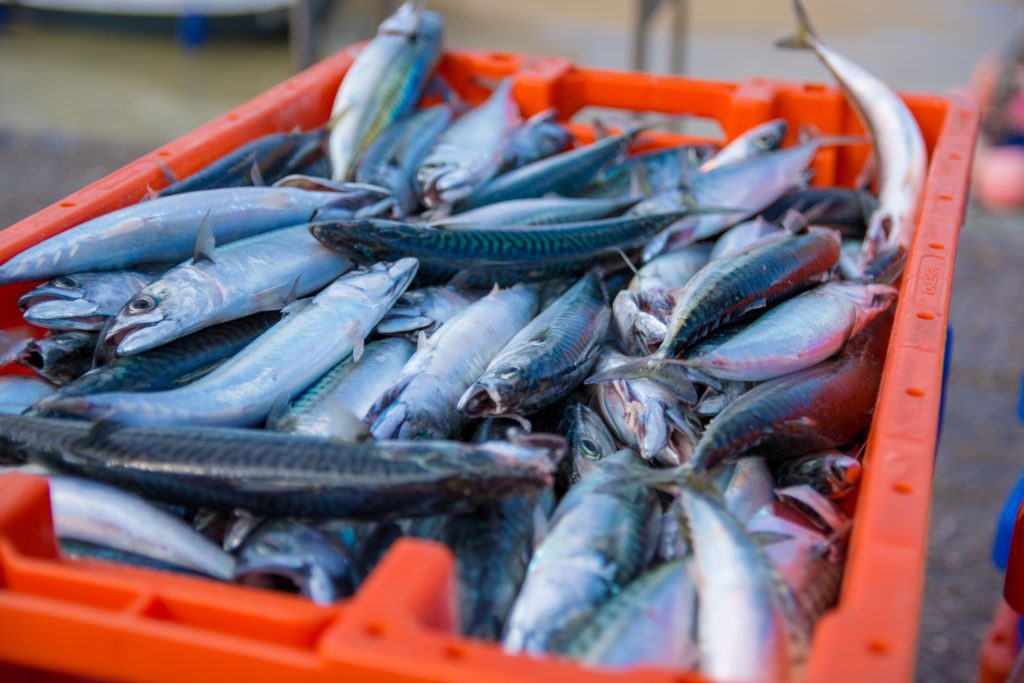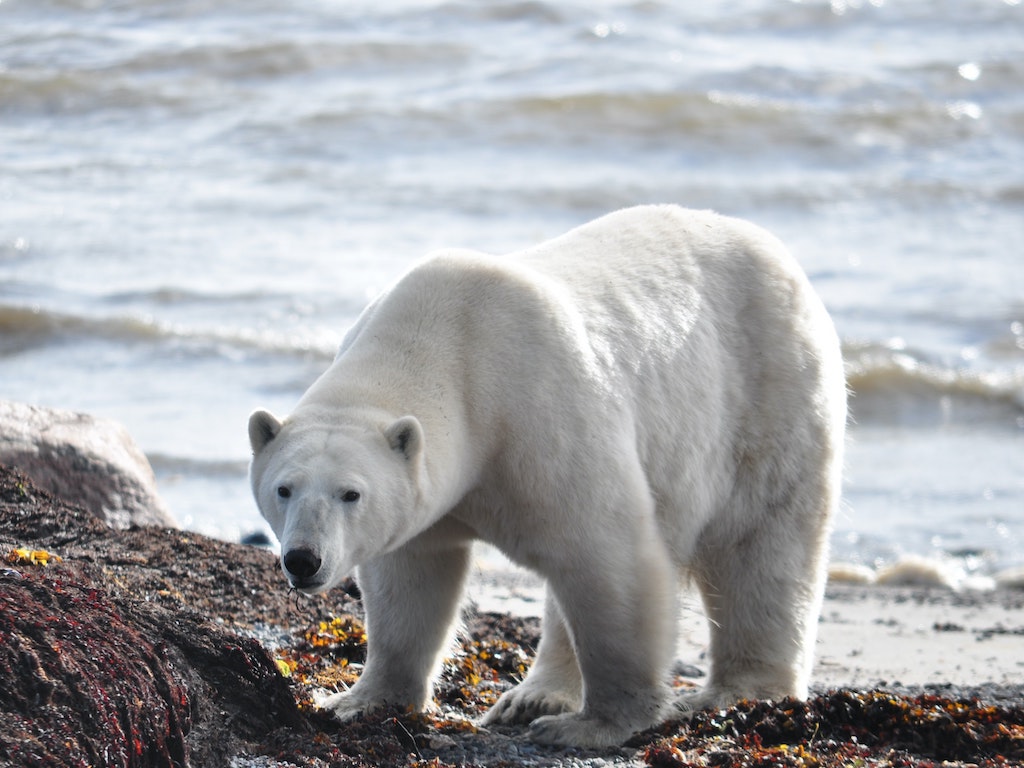Rising Ocean Temperatures Are Reducing Omega-3 Fatty Acids In the Food Chain, Research Finds
3 Mins Read
New research on the impact of climate change finds rising ocean temperatures are leading to a decrease in omega-3 fatty acid production in plankton.
According to the findings, published in the journal Science, essential fatty acids will continue to decrease in plankton, leading to a decrease in the food supply chain.
Omega fatty acids
The human body cannot produce omega fatty acids and must get them from their diet. Omega-fatty acids are crucial for brain, heart, joint, and skin health, among other benefits. Fish and algae are two of the best sources of omega-fatty acids.
“The lipids in the ocean affect your life,” says journal article co-author Benjamin Van Mooy, senior scientist at the Woods Hole Oceanographic Institution (WHOI) Marine Chemistry and Geochemistry Department. “We found that the composition of lipids in the ocean is going to change as the ocean warms. That is a cause for concern. We need those lipids that are in the ocean because they influence the quality of the food that the ocean produces for humanity.”

The researchers looked at nearly 1,000 samples of lipids across 146 locations in the world’s oceans collected between 2013 to 2019. Using a high-resolution mass spectrometry analytical workflow, they say it revealed “unknown characteristics of ocean planktonic lipidomes.”
“Focusing on ten molecularly diverse glycerolipid classes we identified 1,151 distinct lipid species, finding that fatty acid unsaturation (i.e., number of carbon to carbon double bonds) is fundamentally constrained by temperature. We predict significant declines in the essential fatty acid eicosapentaenoic acid [EPA] over the next century, which are likely to have serious deleterious effects on economically critical fisheries,” the authors wrote. “Global ocean lipidomes show a universal relationship between temperature and lipid unsaturation.”
Rising ocean temperatures
Rising ocean temperatures are having an impact on sea life, including the health of critical coral reefs. Warming ocean temperatures have caused bleaching across 91 percent of Australia’s Great Barrier Reef in recent years. Reefs play a vital role for marine animals; they’re also essential in mitigating rising sea levels for coastal regions.
“All organisms in the ocean have to contend with water temperatures. With this study, we have revealed one of the important biochemical ways cells are doing that,” says the lead author Henry C. Holm, a doctoral student in the Massachusetts Institute of Technology (MIT) – WHOI Joint Program in Oceanography/Applied Ocean Science and Engineering.

“These findings about EPA were made possible by using a method that gives us a very complete picture of the gylcerolipids in each sample,” he said. “We saw that temperature was linked with the saturation of cell membranes everywhere we looked in the ocean.”
According to the findings, there was a clear transition from lipid species from colder to warmer waters; in the colder temperatures, plankton lipid levels were higher. They decreased at the warmest temperatures.
“These trends are also evident in all the other glycerolipid classes as well as the total aggregated lipidomes of all glycerolipid classes,” the paper states. “Indeed, it is striking that the relationship between temperature and unsaturation emerges from our dataset despite spanning such diverse and disparate planktonic communities, from the nutrient-depleted subtropical gyres to the highly-productive Antarctic coastal shelf.”
According to Van Mooy, the research “is another example of how human activities are perturbing the oceans in ways that we never expected, and of the uncertainty of how the ocean is going to respond to warming.”



